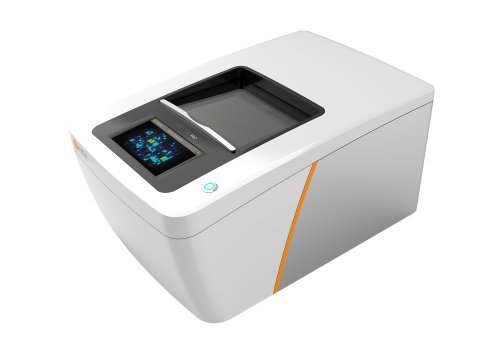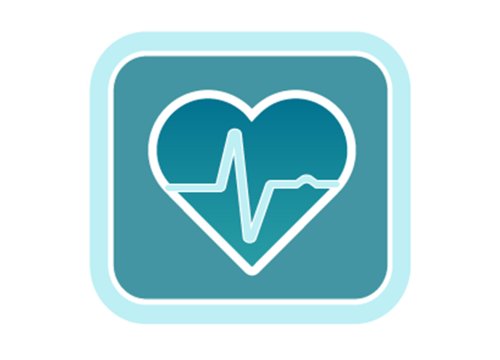Authors: Su-Jin Lee, Eunji Kim, Yeeun Jeong, Jae Boum Youm, Hyoung Kyu Kim, Jin Han, Elena A. Vasileva, Natalia P. Mishchenko, Sergey A. Fedoreyev, Valentin A. Stonik, Sung Joon Kim, and Hyang-Ae Lee
Ecotoxicology and Environmental Safety, 1 January 2025
Scientists use 3D human iPSC-derived cardiac organoids (hCOs) on Axion BioSystems’ hands-free Maestro Pro MEA system to assess the cardiotoxicity of Echinochrome A and demonstrate hCOs “as a reliable and physiologically relevant platform for assessing cardiotoxicity and drug safety.”
Echinochrome A (EchA), a marine pigment found in sea urchins, has shown promise for the treatment of cardiovascular disease, but its cardiac safety profile is not well understood. In this study, scientists use human iPSC-derived cardiac organoids (hCOs) on Axion Biosystems’ hands-free Maestro Pro multielectrode array (MEA) system to assess the cardiotoxicity and arrhythmogenic potential of EchA in vitro in real time. MEA results demonstrated that EchA treatment did not induce significant alterations in beat period, field potential amplitude, field potential duration, or spike slope, suggesting low cardiotoxic potential. Overall, the authors conclude that the “study fills a critical gap and highlights the translational relevance of hCOs for cardiotoxicity assessment, demonstrating EchA's cardiac safety and supporting its potential therapeutic and environmental applications.”


